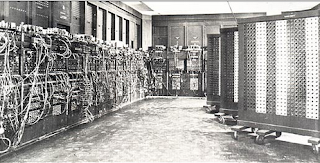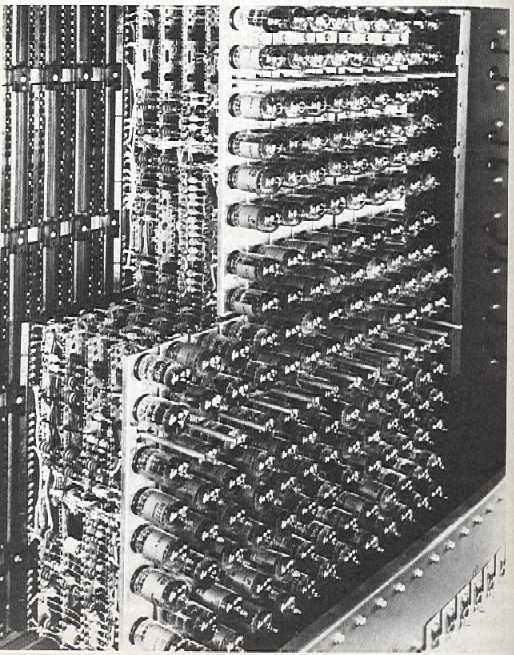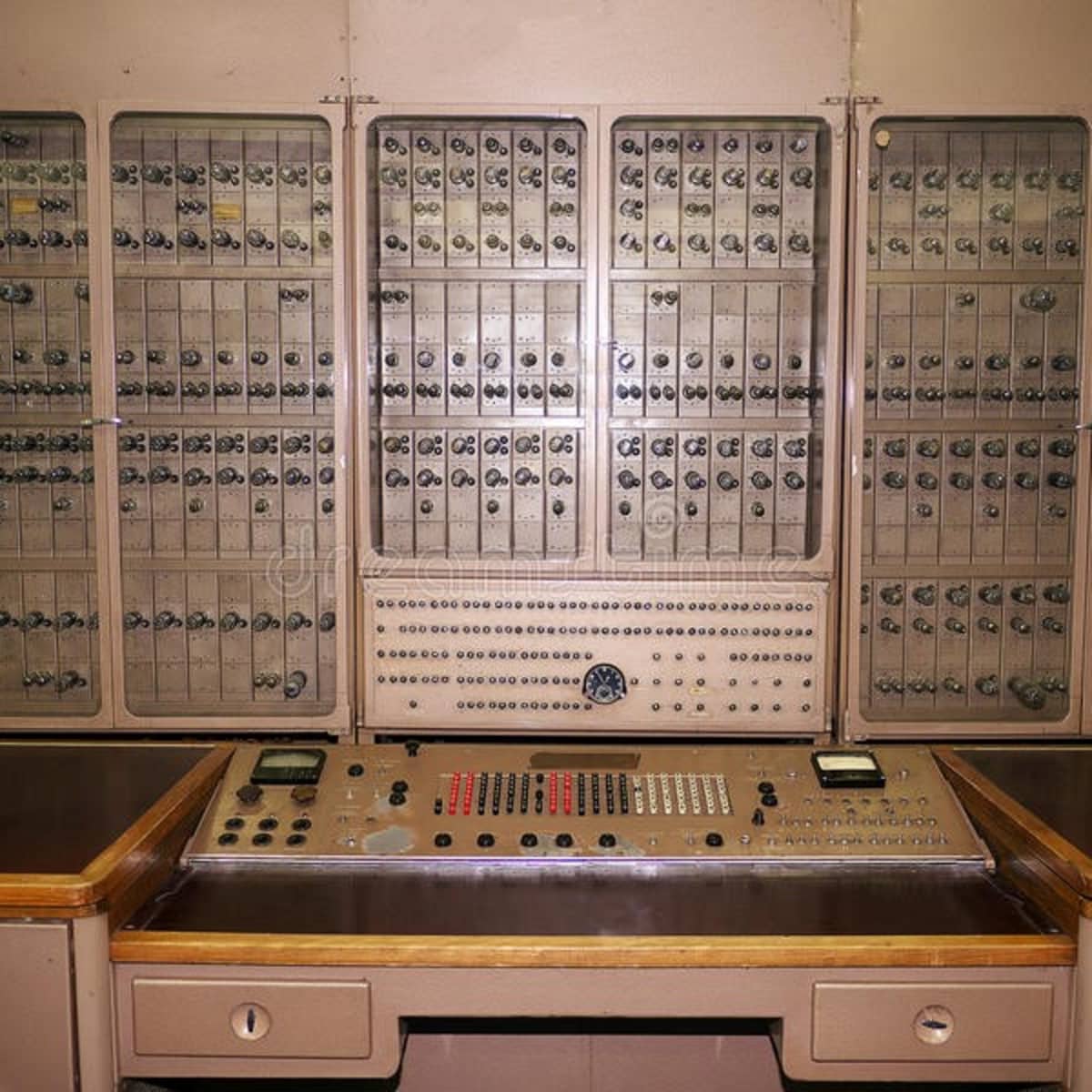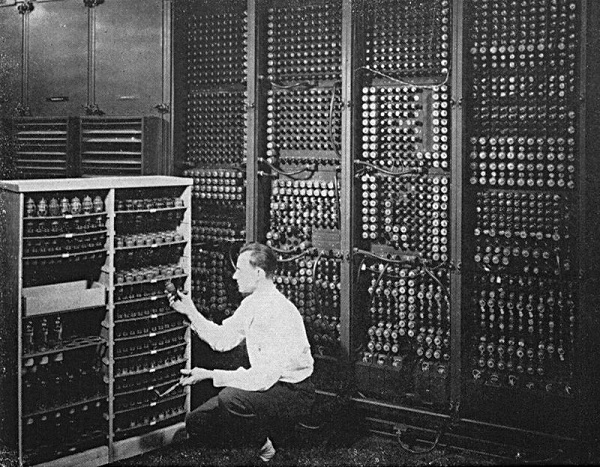The first generation of computers, also known as the vacuum tube era, was a significant milestone in the history of computing. These computers were developed in the late 1940s and early 1950s, and they marked a significant departure from the mechanical and electromechanical computing devices that preceded them.
The first generation of computers used vacuum tubes as their primary electronic component. Vacuum tubes were a technology developed in the early 20th century and were used in a variety of electronic devices, including radios and televisions. They worked by controlling the flow of electrons through a vacuum, and they were able to amplify and switch electronic signals.
The use of vacuum tubes made the first generation of computers much faster and more powerful than their predecessors. They were able to perform complex calculations at speeds that were previously unimaginable, and they were used for a variety of purposes, including scientific research, military operations, and business calculations.
One of the most famous examples of a first generation computer is the UNIVAC, which stands for Universal Automatic Computer. This computer was developed in the 1950s by J. Presper Eckert and John Mauchly, and it was one of the first computers to be used for commercial purposes. The UNIVAC was a large and expensive machine, but it was still a significant advancement over the mechanical calculators that were previously used for business applications.
Another important first generation computer was the IBM 701, which was developed in the 1950s and was used by many businesses and government agencies. This computer was faster and more reliable than the UNIVAC, and it helped to establish IBM as a leader in the computer industry.
Despite their significant advancements, the first generation of computers had several limitations. They were large and expensive, and they required a lot of maintenance. They also generated a lot of heat, which made them prone to overheating and failure. In addition, they used a lot of electricity, which made them expensive to operate.
Despite these limitations, the first generation of computers marked a significant milestone in the history of computing. They paved the way for the development of more advanced and powerful computers, and they have had a lasting impact on the way we live and work.







